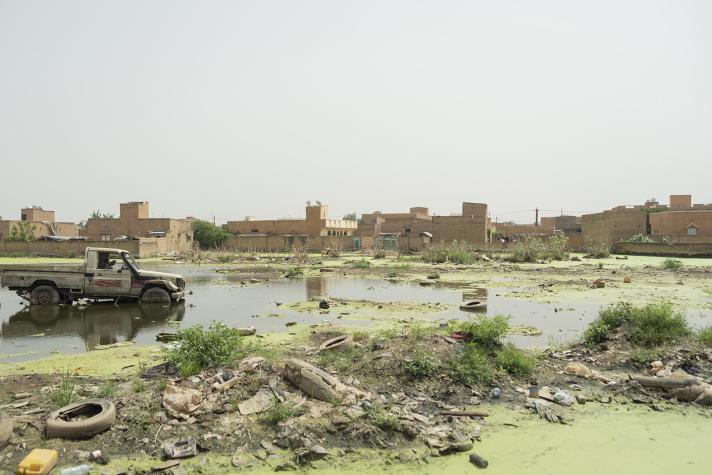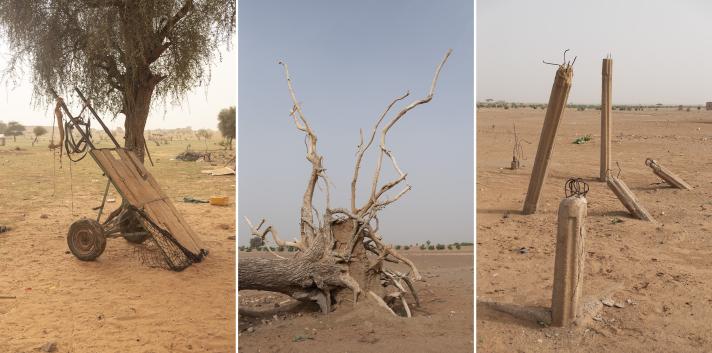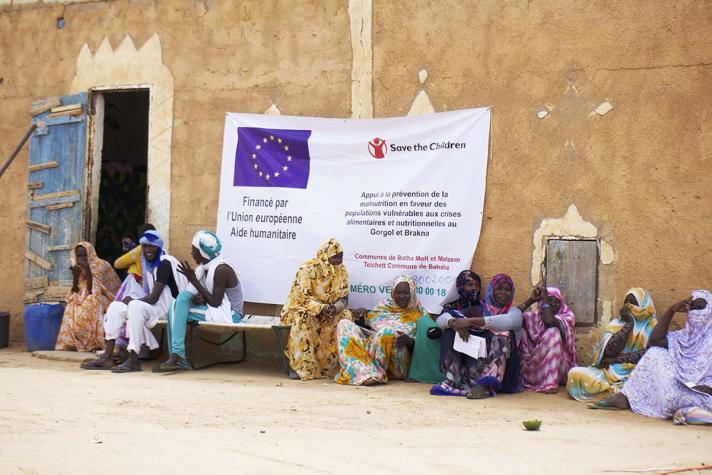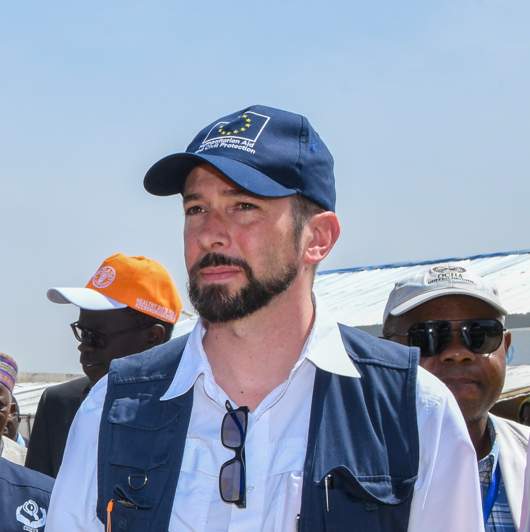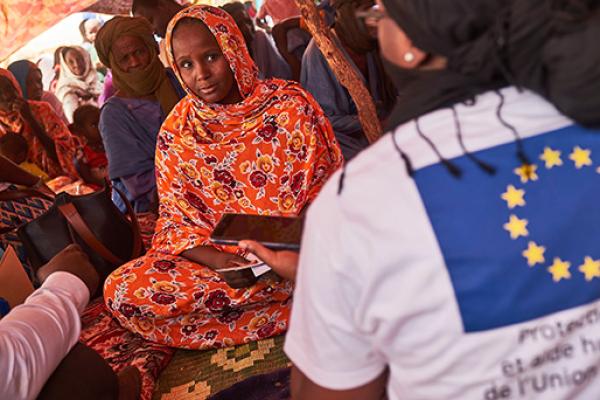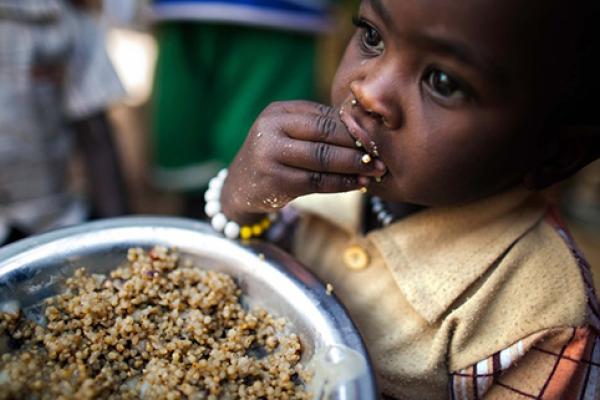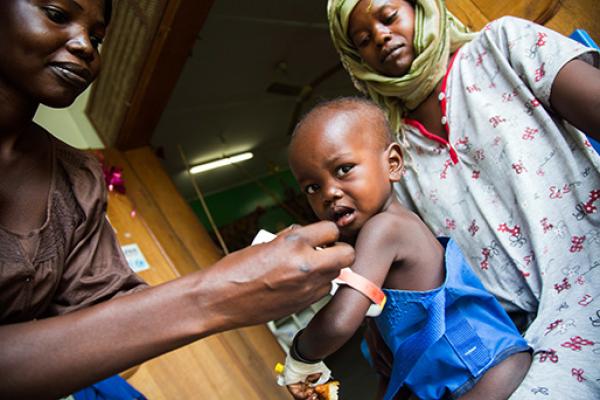Bridging the Maghreb and the Sahel, Mauritania is one of the gateways to the continent-wide Sahara Desert. One of the poorest countries in the world, it suffers from exceptionally dry weather and almost no rainfall. Usually, that is.
Last year, torrential rains flooded the desert, wiping entire villages off the map. The downpours drowned livestock, devastated precious crops and 14 people lost their lives. A year later, the country faces a new challenging lean season. EU humanitarian aid is there to assist the most vulnerable.
In the southern part of the country, where most of the population depends on agriculture, many face an exceptional food crisis. The UN’s World Food Program (WFP) estimated that 1 in 5 Mauritanians lacks sufficient food.
Last year, the EU mobilised €10 million in humanitarian assistance to Mauritania to assist the most vulnerable. Among other needs, EU humanitarian funding helped address food insecurity and prevent children’s malnutrition.
We have allocated another €7 million for 2023.
In the village of Habari, near Bababé, nearly 200 families have set up a response committee to assist the most vulnerable neighbours.
Youba ould Burkheir, 61 and a committee member, is one of the village’s older persons. “We hadn’t seen that in 20 years,” he says.
“We used to have a steady climate, with short, intense rains followed by a long, dry year, and that was enough for some crops,” Youba explains.
But the sorghum, millet and bean fields were submerged in the past year. Even pasture for the cows, sheep and camels was underwater, leaving them to wander, drown, or starve.
The EU has been providing humanitarian aid in Mauritania since 2007. Last year, it started funding Save the Children’s food security response project in the Gorgol and Brakna regions.
The project aims to support the households worst affected by chronic poverty and natural hazards. But climate change, economic shocks, and the invasion of Ukraine have made things worse.
Vatma Amar ould Abdi, a mother and community liaison for the project, has always lived in the village of Gat Yatt, in Gorgol. “The lean season [between harvests] is now much longer than before, as everything we had sown has been lost to the floods,” she laments.
Among those most affected are children.
The Mauritanian Red Cross, with EU support, monitors undernourished children every Thursday in Kaedi, the regional capital. “It gets worse every year,” says Ramata Diallo, who supervises Red Cross volunteers.
“The floods make things worse. They spread water-borne diseases causing debilitating diarrhoea, which can be fatal to children,” she explains.
Marianne Tinlot, who heads EU Aid for Mauritania, says: “Despite all efforts by the Government to better prevent, manage and respond to recurrent food and nutritional insecurity, 2022 was the worst in at least 10 years,”
Even before the floods, the number of people suffering from food crises had doubled compared with previous years during the predictable chronic lean period.
“Climate change is likely to increase the frequency of these extreme floods, calling for long-term investment to prepare better and anticipate impacts while deploying shock-responsive social protection for the poorest,” she explains.

